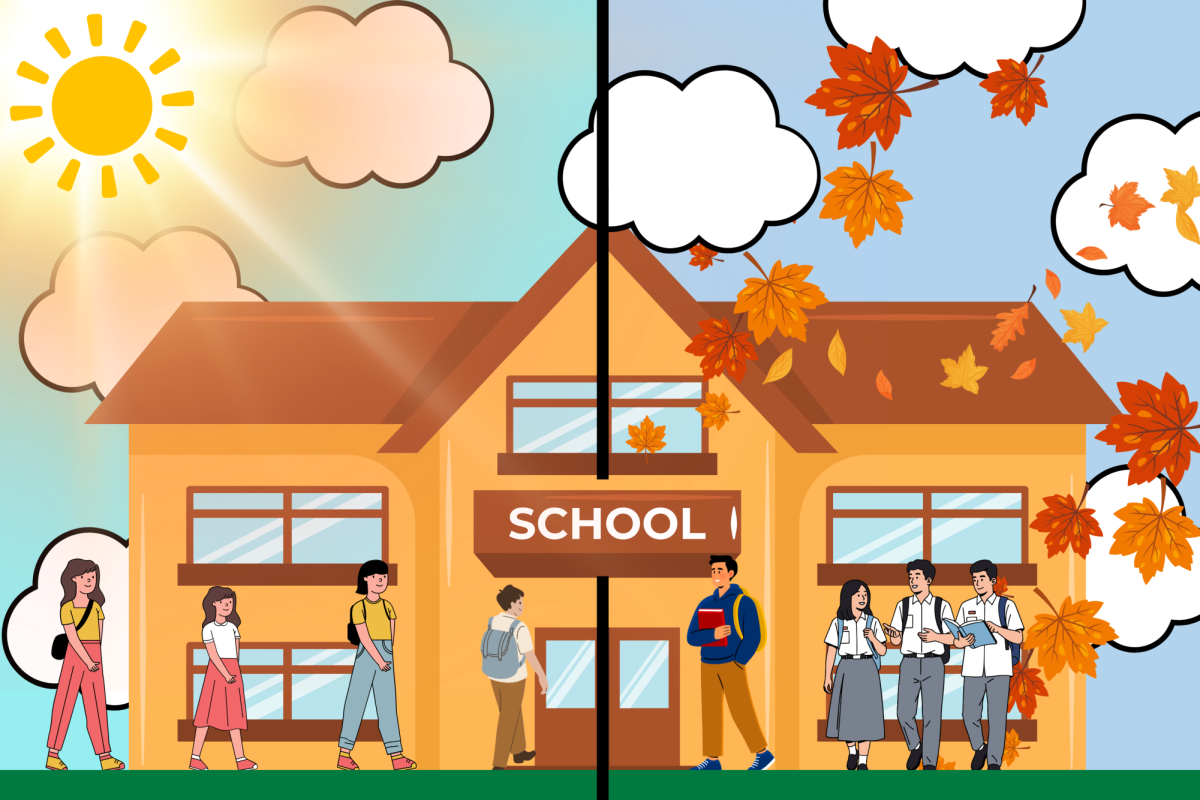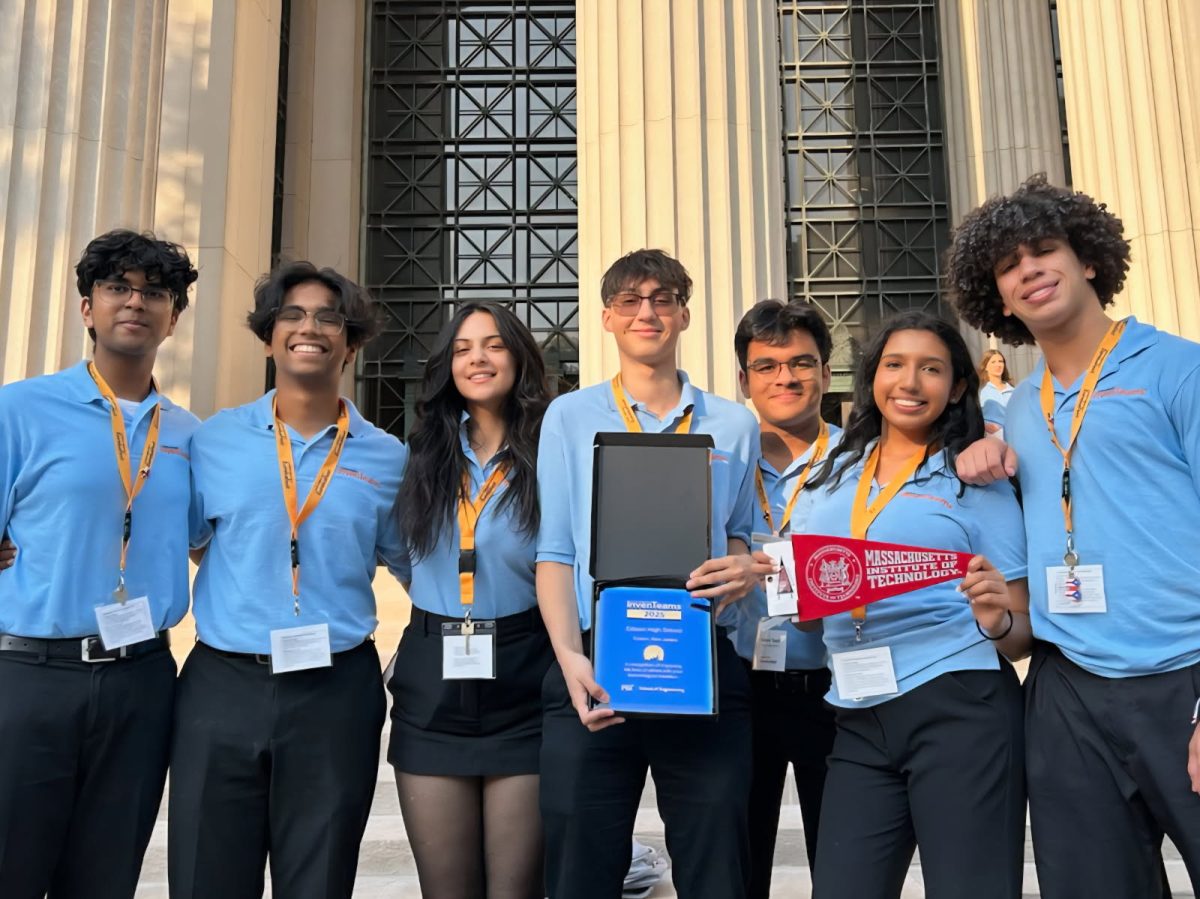Imagine it is a Thursday evening, tomorrow is Friday, and since the marking period is coming to an end, you have four tests consecutively starting from the moment you walk into class. Now, you want to study for those important tests, but yesterday you were assigned to take notes at home for another subject which you will not have a test on for several days, yet they are already due by the end of the day! Are you going to spend an hour or two taking these notes or focus on preparing for these four final tests of the marking period? The first thought that comes to mind is that you should try to finish everything. So, immediately you think to ask your friends for answers, or even more accurately and efficiently ask artificial intelligence, more commonly known as AI, to summarize the key topics for you and copy them down. However, will you actually do this, or is it cheating?
AI first started gaining popularity around 2018 and progressed exponentially after COVID-19 with AI platforms like ChatGPT, Copilot, Gemini, and many more becoming popular, each specialized to assist the user with what they ask. Obviously, because several students use these tools to write essays and complete assignments for them, most popular ones like ChatGPT, and recently even Copilot have been blocked on all school devices. On top of that, teachers make sure to look out for uses of AI on both major and minor assignments. AI in general seems like a self-defeating tool on school grounds, but there are also positives. That brings us back to the main question: If using AI to do assignments for you counts as a major act of cheating, is asking AI for help okay?
Starting off with the positives, you have a test tomorrow, and you are reviewing the study guide that highlights all the topics that you need to know. Unfortunately, you stumble upon this one topic which you slightly understand but need a greater grasp on. Emailing the teacher now might show irresponsibility for not asking the question in class, and the teacher may not respond in time. Alternatively, you choose to open up ChatGPT and ask for a concise overview of the topic you are struggling with. It can explain it to you, and if you feel that you need further explanation on the topic, you can ask it to provide you with instructional videos! Furthermore, once you think you got the hang of it, you can ask it to give you some practice questions allowing you to master the topic. With AI being so convenient for the student, the ability to just open a new tab and search the question, it is an ideal study resource to utilize.
Well, what counts as AI? We look at the big picture involving all these AIs which we can search questions and send photos for help. Although these are the most common ones used, small extensions like Grammarly also count as AI but are not only used by most students but also teachers. Grammarly is a great example of AI being a helpful tool to the student rather than a complete replacement for the writer.
Even though there are several benefits to students using AI, there are also many negatives. Repeatedly using ChatGPT or Copilot to just enter all your questions and consistently allowing it to do more work for you may result in laziness and other bad habits. Not only can the information be inaccurate and less informative, but AI is doing more of the work than you are. Yet, you choose to keep using it because time and time again you feel your schedule is absolutely packed and using AI for that one assignment will not cause any harm.
The worst-case scenario for a student using AI is to cheat in class. The latest updates like being able to snap photos and ask for explanations can be very helpful when asking for help with homework but also a very sneaky way of cheating on a test. We have all definitely seen it once before: another peer pulling out their phone to snap a quick picture of the page on a test and ask AI to help with it. This is where we think the usage of AI crosses the line. Sure, AI is a great resource that modern students can easily access for help and convenience, but we think the use of AI should be restricted during assessments. Luckily, teachers have already found ways to prevent students from doing this by requiring everyone to put their phones in a phone pocket.
We are lucky to have artificial intelligence at the click of a button, but overusing it will lead to the downfall of a student. AI should be allowed, but only for informed and assistive uses like asking for models, helping with understanding a topic, and practicing questions. Simply put, you must remember that you are the one trying to learn and improve, not AI.


















































































